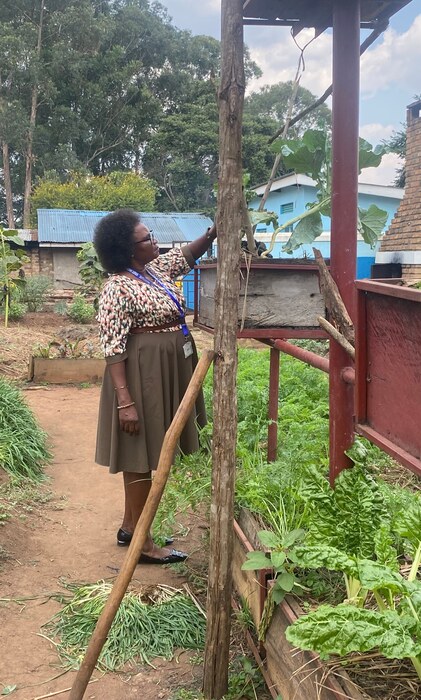
Tackling Climate Change through Eco Networks: A Global Imperative
Climate change is one of the most pressing challenges of our time, threatening ecosystems, economies, and communities worldwide. The increasing frequency and severity of extreme weather events, rising sea levels, and shifting climate patterns underscore the urgent need for comprehensive action. Addressing this multifaceted issue requires collaborative efforts across sectors and borders. One promising approach is the establishment and strengthening of eco networks, which foster cooperation and innovation in climate mitigation and adaptation.
Understanding Advocacy for Global Climate Eco Networks
AGCEN is a collaborative frameworks that bring together diverse stakeholders, including governments, non-governmental organizations (NGOs), businesses, researchers, and communities, to address environmental challenges. These networks facilitate the sharing of knowledge, resources, and best practices, creating synergies that enhance the effectiveness of climate action. By leveraging the strengths and capabilities of each participant, eco networks can drive systemic change and promote sustainability at a global scale.
Key Functions of AGCEN in Climate Action
Research and Development: AGCEN support joint research initiatives, enabling the development of innovative technologies and solutions for climate mitigation and adaptation. For example, collaborations between universities and industries can lead to advancements in renewable energy, carbon capture, and sustainable agriculture.
Networks facilitate the dissemination of successful strategies and practices, helping regions and communities adopt effective climate actions. This includes case studies, technical guidelines, and training programs.
3. Policy Advocacy and Coordination
AGCEN exerts greater influence on policy-making processes. They advocate for robust climate policies, regulations, and international agreements, ensuring that environmental considerations are integrated into all levels of decision-making.
AGCEN networks work to harmonize policies across regions, promoting consistency and coherence in climate action. This reduces policy fragmentation and enhances the efficiency of implementation.
Funding and Investments: AGCEN attract funding from diverse sources, including government grants, philanthropic foundations, and private sector investments. Pooled resources can be allocated to high-impact projects and initiatives.
AGCEN provide technical and financial support to build the capacity of local communities and organizations, enabling them to participate effectively in climate action.
Eco networks empower local leaders, particularly women and marginalized groups, to take an active role in climate initiatives. This ensures that actions are inclusive and address the needs of the most vulnerable.
Networks run public awareness campaigns to educate citizens about climate change and encourage sustainable behaviors. Engaging the public fosters a culture of environmental stewardship and collective responsibility.
Successful Examples of AGCEN
The Climate and Clean Air Coalition (CCAC)
The Global Covenant of Mayors for Climate & Energy approaches
The Climate and Clean Air Coalition (CCAC)
Objective: The CCAC aims to reduce short-lived climate pollutants (SLCPs), which contribute significantly to global warming and air pollution.
-Impact: Through collaborative efforts, the CCAC has implemented projects that have significantly reduced SLCPs, improving air quality and mitigating climate change.
The Global Covenant of Mayors for Climate & Energy approaches
Objective: This network unites cities and local governments committed to reducing greenhouse gas emissions and enhancing resilience to climate impacts.
Impact: Participating cities have developed and implemented comprehensive climate action plans, leading to measurable reductions in emissions and increased resilience.
The African Forest Landscape Restoration Initiative (AFR100) approach
Objective: AFR100 seeks to restore 100 million hectares of deforested and degraded landscapes across Africa by 2030.
Impact: The initiative has mobilized significant investments and engaged local communities in restoration projects, enhancing biodiversity, and providing economic benefits.
AGCEN represent a powerful tool in the fight against climate change, offering a collaborative approach that harnesses the strengths and resources of diverse stakeholders. By fostering innovation, advocating for effective policies, mobilizing resources, and engaging communities, these networks can drive meaningful and sustainable climate action. As the impacts of climate change become increasingly apparent, the role of AGCEN in creating a resilient and sustainable future has never been more critical. Embracing and expanding these collaborative frameworks will be essential for meeting global climate goals and safeguarding our planet for future generations.
